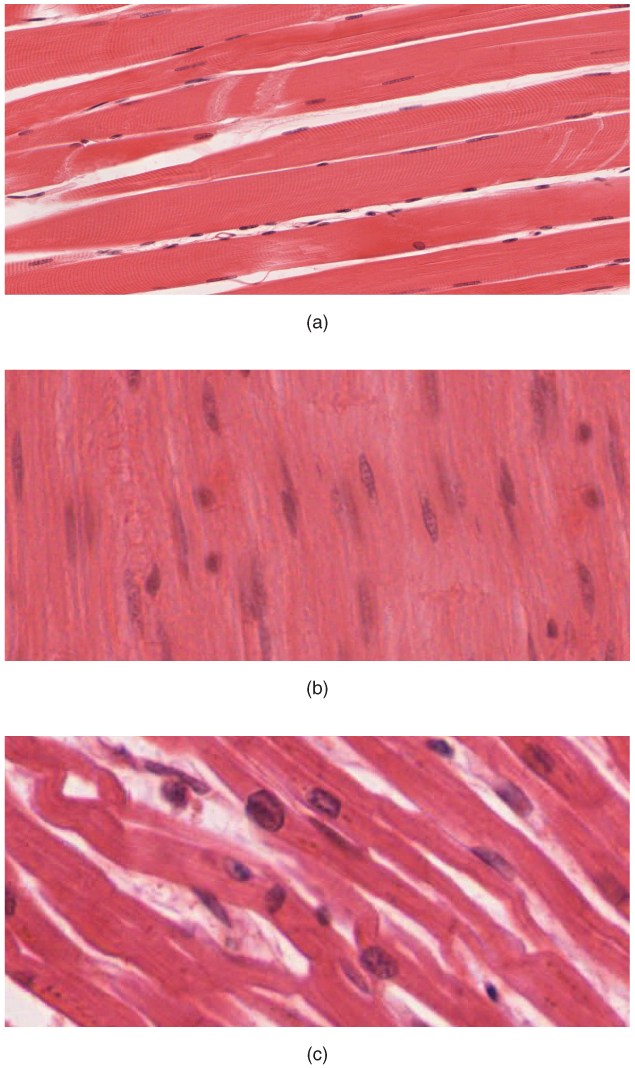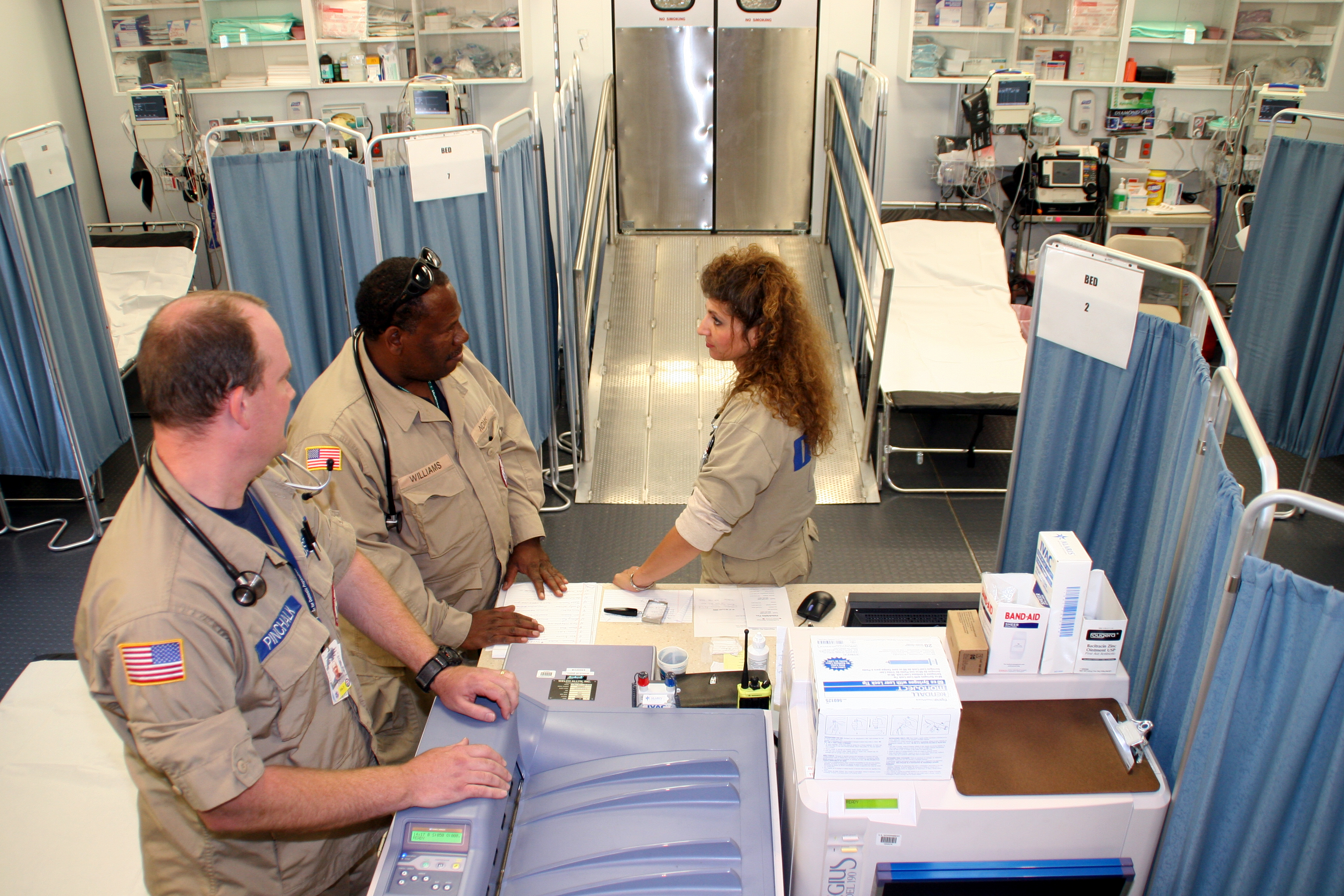|
Ilir Hasani
Ilir Hasani is a politician, surgeon and the former Deputy Minister of Health of North Macedonia. He was born in Kumanovo, on May 23,1977, to a family of Albanian doctors and scholars. He finished elementary education in Kumanovo and secondary education both in Kumanovo and Preshevo, and went on to the University of Ss. Cyril and Methodius in Skopje, graduating in 2001. He was first employed in Private Healthcare Institution "Zana". In 2003, he started volunteering at the Clinic of Traumatology in Skopje, where he was hired in 2004 and where he earned a permanent job as a surgeon in 2008. In 2006, he was promoted to young assistant in surgery, in 2011 promoted further to assistant. In 2015 he was elected assistant doctoral student at the Faculty of Medicine in the subject of surgery. From 2009 to 2010 he held the position of director of the Clinic for Orthopedic Diseases at the Clinical Center-Skopje. In 2009, he was elected national representative of the NATO Forces Medical ... [...More Info...] [...Related Items...] OR: [Wikipedia] [Google] [Baidu] |
Intensive Care Unit
220px, Intensive care unit An intensive care unit (ICU), also known as an intensive therapy unit or intensive treatment unit (ITU) or critical care unit (CCU), is a special department of a hospital or health care facility that provides intensive care medicine. Intensive care units cater to patients with severe or life-threatening illnesses and injuries, which require constant care, close supervision from life support equipment and medication in order to ensure normal bodily functions. They are staffed by highly trained physicians, nurses and respiratory therapists who specialize in caring for critically ill patients. ICUs are also distinguished from general hospital wards by a higher staff-to-patient ratio and access to advanced medical resources and equipment that is not routinely available elsewhere. Common conditions that are treated within ICUs include acute respiratory distress syndrome, septic shock, and other life-threatening conditions. Patients may be referred dire ... [...More Info...] [...Related Items...] OR: [Wikipedia] [Google] [Baidu] |
Macedonian Political People
Macedonian most often refers to someone or something from or related to Macedonia. Macedonian(s) may specifically refer to: People Modern * Macedonians (ethnic group), a nation and a South Slavic ethnic group primarily associated with North Macedonia * Macedonians (Greeks), the Greek people inhabiting or originating from Macedonia, a geographic and administrative region of Greece * Macedonian Bulgarians, the Bulgarian people from the region of Macedonia * Macedo-Romanians (other), an outdated and rarely used anymore term for the Aromanians and Megleno-Romanians, both being small Eastern Romance ethno-linguistic groups present in the region of Macedonia * Macedonians (obsolete terminology), an outdated and rarely used umbrella term to designate all the inhabitants of the region, regardless of their ethnic origin, as well as the local Slavs and Macedo-Romanians, as a regional and ethnographic communities and not as a separate ethnic groups Ancient * Ancient Macedonians, ... [...More Info...] [...Related Items...] OR: [Wikipedia] [Google] [Baidu] |
German Language
German ( ) is a West Germanic languages, West Germanic language mainly spoken in Central Europe. It is the most widely spoken and Official language, official or co-official language in Germany, Austria, Switzerland, Liechtenstein, and the Italy, Italian province of South Tyrol. It is also a co-official language of Luxembourg and German-speaking Community of Belgium, Belgium, as well as a national language in Namibia. Outside Germany, it is also spoken by German communities in France (Bas-Rhin), Czech Republic (North Bohemia), Poland (Upper Silesia), Slovakia (Bratislava Region), and Hungary (Sopron). German is most similar to other languages within the West Germanic language branch, including Afrikaans, Dutch language, Dutch, English language, English, the Frisian languages, Low German, Luxembourgish, Scots language, Scots, and Yiddish. It also contains close similarities in vocabulary to some languages in the North Germanic languages, North Germanic group, such as Danish lan ... [...More Info...] [...Related Items...] OR: [Wikipedia] [Google] [Baidu] |
University Of Cambridge
, mottoeng = Literal: From here, light and sacred draughts. Non literal: From this place, we gain enlightenment and precious knowledge. , established = , other_name = The Chancellor, Masters and Scholars of the University of Cambridge , type = Public research university , endowment = £7.121 billion (including colleges) , budget = £2.308 billion (excluding colleges) , chancellor = The Lord Sainsbury of Turville , vice_chancellor = Anthony Freeling , students = 24,450 (2020) , undergrad = 12,850 (2020) , postgrad = 11,600 (2020) , city = Cambridge , country = England , campus_type = , sporting_affiliations = The Sporting Blue , colours = Cambridge Blue , website = , logo = University of Cambridge logo ... [...More Info...] [...Related Items...] OR: [Wikipedia] [Google] [Baidu] |
English Language
English is a West Germanic language of the Indo-European language family, with its earliest forms spoken by the inhabitants of early medieval England. It is named after the Angles, one of the ancient Germanic peoples that migrated to the island of Great Britain. Existing on a dialect continuum with Scots, and then closest related to the Low Saxon and Frisian languages, English is genealogically West Germanic. However, its vocabulary is also distinctively influenced by dialects of France (about 29% of Modern English words) and Latin (also about 29%), plus some grammar and a small amount of core vocabulary influenced by Old Norse (a North Germanic language). Speakers of English are called Anglophones. The earliest forms of English, collectively known as Old English, evolved from a group of West Germanic (Ingvaeonic) dialects brought to Great Britain by Anglo-Saxon settlers in the 5th century and further mutated by Norse-speaking Viking settlers starting in the 8th and 9th ... [...More Info...] [...Related Items...] OR: [Wikipedia] [Google] [Baidu] |
Human Musculoskeletal System
The human musculoskeletal system (also known as the human locomotor system, and previously the activity system) is an organ system that gives humans the ability to move using their muscular and skeletal systems. The musculoskeletal system provides form, support, stability, and movement to the body. It is made up of the bones of the skeleton, muscles, cartilage, tendons, ligaments, joints, and other connective tissue that supports and binds tissues and organs together. The musculoskeletal system's primary functions include supporting the body, allowing motion, and protecting vital organs. The skeletal portion of the system serves as the main storage system for calcium and phosphorus and contains critical components of the hematopoietic system. This system describes how bones are connected to other bones and muscle fibers via connective tissue such as tendons and ligaments. The bones provide stability to the body. Muscles keep bones in place and also play a role in the movement ... [...More Info...] [...Related Items...] OR: [Wikipedia] [Google] [Baidu] |
Subspecialty
A subspecialty (US English) or subspeciality (international English) is a narrow field of professional knowledge/skills within a specialty of trade, and is most commonly used to describe the increasingly more diverse medical specialties. A subspecialist is a specialist of a subspecialty. In medicine, subspecialization is particularly common in internal medicine, cardiology, neurology and pathology, and has grown as medical practice has: # become more complex, and # it has become clear that a physician A physician (American English), medical practitioner (Commonwealth English), medical doctor, or simply doctor, is a health professional who practices medicine, which is concerned with promoting, maintaining or restoring health through th ...'s case volume is negatively associated with their complication rate; that is, complications tend to decrease as the volume of cases per physician goes up. See also * Notes and references Medical specialties {{med-stu ... [...More Info...] [...Related Items...] OR: [Wikipedia] [Google] [Baidu] |
Emergency Department
An emergency department (ED), also known as an accident and emergency department (A&E), emergency room (ER), emergency ward (EW) or casualty department, is a medical treatment facility specializing in emergency medicine, the acute care of patients who present without prior appointment; either by their own means or by that of an ambulance. The emergency department is usually found in a hospital or other primary care center. Due to the unplanned nature of patient attendance, the department must provide initial treatment for a broad spectrum of illnesses and injuries, some of which may be life-threatening and require immediate attention. In some countries, emergency departments have become important entry points for those without other means of access to medical care. The emergency departments of most hospitals operate 24 hours a day, although staffing levels may be varied in an attempt to reflect patient volume. History Accident services were provided by workmen's compensation ... [...More Info...] [...Related Items...] OR: [Wikipedia] [Google] [Baidu] |
Resuscitation
Resuscitation is the process of correcting physiological disorders (such as lack of breathing or heartbeat) in an acutely ill patient. It is an important part of intensive care medicine, anesthesiology, trauma surgery and emergency medicine. Well known examples are cardiopulmonary resuscitation and mouth-to-mouth resuscitation Mouth-to-mouth resuscitation, a form of artificial ventilation, is the act of assisting or stimulating respiration in which a rescuer presses their mouth against that of the victim and blows air into the person's lungs. Artificial respiration ta .... Variables See also * * * * * * * * * * {{Shock Critical emergency medicine Emergency medicine Intensive care medicine ... [...More Info...] [...Related Items...] OR: [Wikipedia] [Google] [Baidu] |
North Macedonia
North Macedonia, ; sq, Maqedonia e Veriut, (Macedonia before February 2019), officially the Republic of North Macedonia,, is a country in Southeast Europe. It gained independence in 1991 as one of the successor states of Socialist Federal Republic of Yugoslavia, Yugoslavia. It is a landlocked country bordering Kosovo to the northwest, Serbia to the north, Bulgaria to the east, Greece to the south, and Albania to the west. It constitutes approximately the northern third of the larger geographical Macedonia (region), region of Macedonia. Skopje, the capital and largest city, is home to a quarter of the country's 1.83 million people. The majority of the residents are ethnic Macedonians (ethnic group), Macedonians, a South Slavs, South Slavic people. Albanians in North Macedonia, Albanians form a significant minority at around 25%, followed by Turks in North Macedonia, Turks, Romani people in North Macedonia, Romani, Serbs in North Macedonia, Serbs, Bosniaks in North Mac ... [...More Info...] [...Related Items...] OR: [Wikipedia] [Google] [Baidu] |
Anesthesia
Anesthesia is a state of controlled, temporary loss of sensation or awareness that is induced for medical or veterinary purposes. It may include some or all of analgesia (relief from or prevention of pain), paralysis (muscle relaxation), amnesia (loss of memory), and unconsciousness. An individual under the effects of anesthetic drugs is referred to as being anesthetized. Anesthesia enables the painless performance of procedures that would otherwise cause severe or intolerable pain in a non-anesthetized individual, or would otherwise be technically unfeasible. Three broad categories of anesthesia exist: * General anesthesia suppresses central nervous system activity and results in unconsciousness and total lack of sensation, using either injected or inhaled drugs. * Sedation suppresses the central nervous system to a lesser degree, inhibiting both anxiety and creation of long-term memories without resulting in unconsciousness. * Regional and local anesthesia, which blo ... [...More Info...] [...Related Items...] OR: [Wikipedia] [Google] [Baidu] |





